Shocked But Connected
Shocked But Connected
Notes on Laughter
Michael Roemer
Rowman & Littlefield Publishers, inc.
Lanham Boulder New York Toronto Plymouth, UK
Published by Rowman & Littlefield Publishers, Inc.
A wholly owned subsidiary of The Rowman & Littlefield Publishing Group, Inc.
4501 Forbes Boulevard, Suite 200, Lanham, Maryland 20706
www.rowman.com
10 Thornbury Road, Plymouth PL6 7PP, United Kingdom
Copyright 2012 by Rowman & Littlefield Publishers, Inc.
All rights reserved. No part of this book may be reproduced in any form or by any electronic or mechanical means, including information storage and retrieval systems, without written permission from the publisher, except by a reviewer who may quote passages in a review.
British Library Cataloguing in Publication Information Available
Library of Congress Cataloging-in-Publication Data
Roemer, Michael, 1928
Shocked but connected : notes on laughter / Michael Roemer.
p. cm.
ISBN 978-1-4422-1756-0 (cloth : alk. paper) ISBN 978-1-4422-1758-4 (electronic)
1. Comic, The. 2. Wit and humorPhilosophy. 3. Laughter. I. Title.
B105.C456R84 2012
152.4'3dc23 2012017675
 The paper used in this publication meets the minimum requirements of American National Standard for Information SciencesPermanence of Paper for Printed Library Materials, ANSI/NISO Z39.48-1992.
The paper used in this publication meets the minimum requirements of American National Standard for Information SciencesPermanence of Paper for Printed Library Materials, ANSI/NISO Z39.48-1992.
Printed in the United States of America
For our childrenDavid, Jonathan, and Ruthand
for their children, Samuel and Noah

Contents

Preface
In 1939, a quirk of fate and my mothers willingness to let her children go sent us to a Jewish boarding school in England. We would as obediently have boarded a train for Poland.
Nothing in my privileged life since then has allowed me to believe that I deserved my survival any more than millions of others deserved their suffering and death.
Cast up on the shores of New England after the war, neither the optimism of my fellow Americans nor my own strenuous efforts could persuade me that my will is free or my own. Indeed, I have become ever more convinced that whatever I am, do, or have is owed to others, who may be as little in charge of their lives as I have been of mine.
Though this may seem discouraging, once I admitted it, I felt freer and no less able to act than I was during the many years I spent trying to prove the opposite.

Laughter is so deeply rooted in the human condition that thinking about it without thinking about our existence seems pointless. Moreover, we laugh for so many reasons that any attempt to corral them into a unified field theory is doomed.
All this book attempts is a synthesis, built largely on the insights of others, that might be useful in our time.

I could never have written it or anything else without the courage, kindness, generosity, and faith in life of my wife, Barbara.
If, at the outset, my own life had been presented to me like a menu with the cost of each item clearly marked, and if I had been free, I might have chosen a different course.
As it is, all I can do is acknowledge my gratitude to someone who is no longer living but who is with me still.

I am deeply indebted to the work of Edward Edinger and Loretta Paulson; to my friend, Stimson Bullitt; to the painters Frank Auerbach and Leon Kossoff; to the confidence and support of Stanley Plotnick; to my colleagues at the Yale School of Art; to the editorial help of Van Truong; and to my companion and friend, Judy Rudiakov.
Chapter One

Surprised
A
We assume we know what will and wont happen but remain dimly aware that even the next moment isnt guaranteed.
During the London Blitz, the war correspondent David Schoenbrun came out of an air-raid shelter and, in an aftereffect of the bombing, saw the entire front of a building fall away. With all the apartments exposed to view, a man was standing in a first-floor bathroom and laughing hysterically. When Schoenbrun asked him why, the man said that just as he pulled the chain on the toilet, the whole front of the house came tumbling down.
When America entered World War I, Teddy Roosevelt asked to see President Woodrow Wilson and offered to lead a brigade of volunteers to Europe. Wilson had no use for the leader of the Rough Riders, and turned him down. After the meeting, a deeply disappointed Roosevelt said to the presidents chief of staff, All I did was offer to die for my country. Colonel Edward House replied, Did you make that quite clear to the president?
Charlie Chaplin was asked whether he would let the audience see the banana peel before a man slipped on it. He said he would, but that he would have the man see it as welland then let him step carefully across it into an open manhole.

The comic happens suddenly. Most jokes, comic stories, and funny incidents surprise us. We crack jokes, and many have punch lines.
Though the popular arts, like our institutions and belief systems, serve largely to reassure us, surprise is central to all the arts. Artists and entertainers confound our expectations, just as opponents in warfare and competitive games do.
Surprises in painting spring from the instantaneous impact of the whole, while in narrative and music, they happen in time. If we are unfamiliar with a play by Shakespeare, the next line is impossible to predict, and even the next word often comes as a surprise.
John Coltrane said when he was playing with Thelonious Monk, I always had to be alert... because if you didnt keep aware all the time... youd suddenly feel youd stepped into an open elevator shaft.
When Sergei Diaghilev commissioned Jean Cocteau to design a ballet, he said, I want you to astonish me. We never know what Fred Astaire, Ray Bolger, or Bojangles Robinson will do next, and even if we have seen the performance before, their grace and skill have a sensory effect that makes it new.
Art works through the senses. A piece of music may be familiar, but a cymbal crashlike cold watersurprises us every time.

Most stories are adventures into the unknown, encounters with the unfamiliar and unexpected. In fiction, hearing or seeing what we already know is of little interest to us until the foregone ending. What the figures want and expect is queered by events beyond their control, and what they do has unforeseen, often unintended consequences.
Though we know the outcome of most stories, the path taking the characters there has unexpected turns. We know before the movie begins that Bonnie and Clyde will die, but not how it will come about, just as the myths that structure Greek tragedy were familiar to the audience, but not how they would be enacted in a particular play.

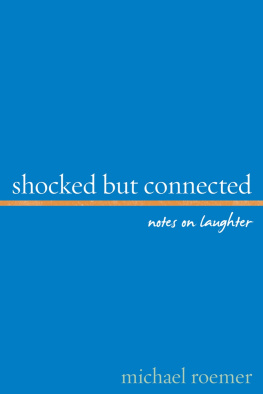
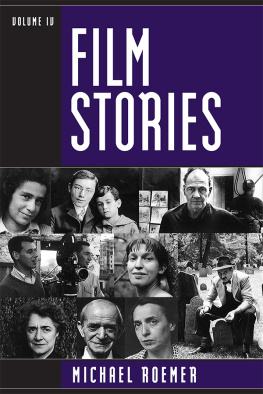

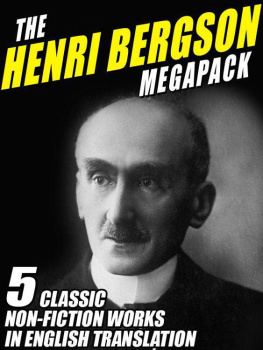

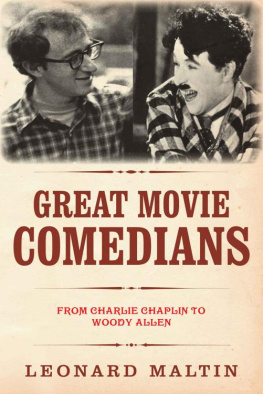

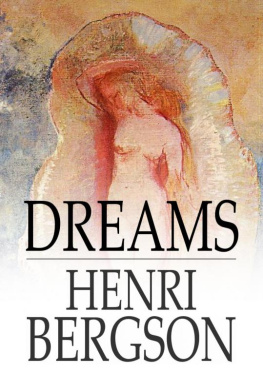
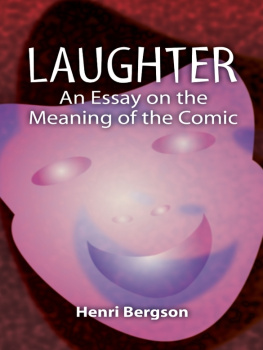
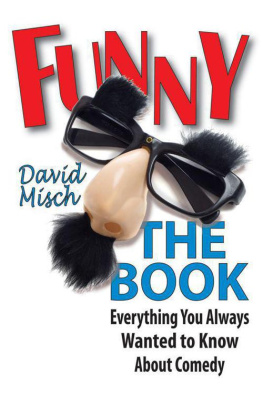

 The paper used in this publication meets the minimum requirements of American National Standard for Information SciencesPermanence of Paper for Printed Library Materials, ANSI/NISO Z39.48-1992.
The paper used in this publication meets the minimum requirements of American National Standard for Information SciencesPermanence of Paper for Printed Library Materials, ANSI/NISO Z39.48-1992.






